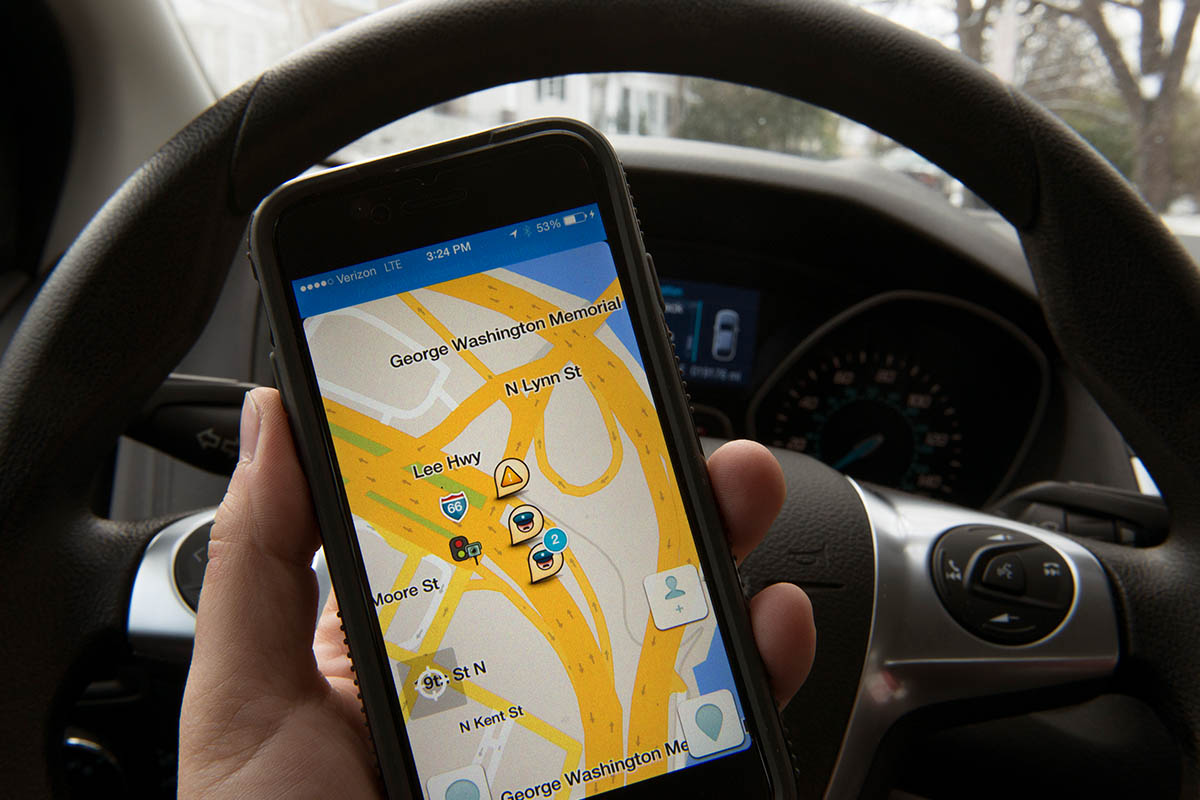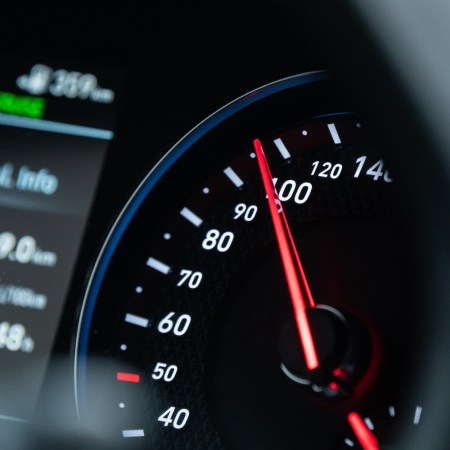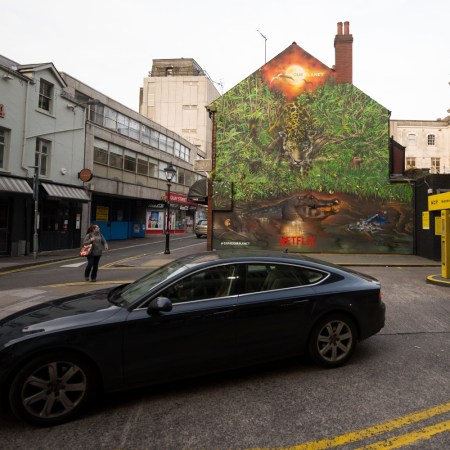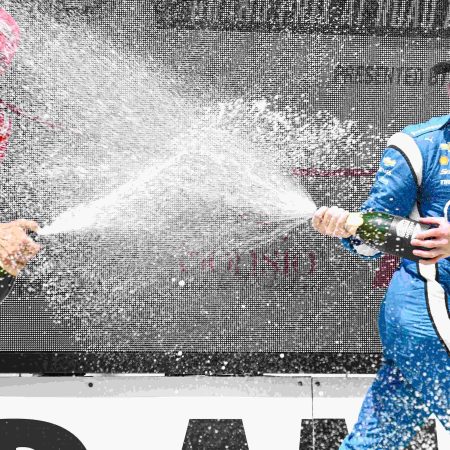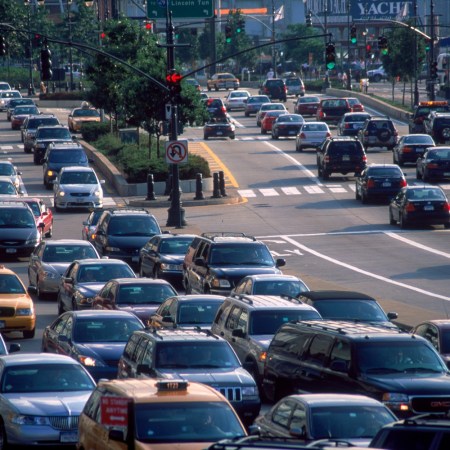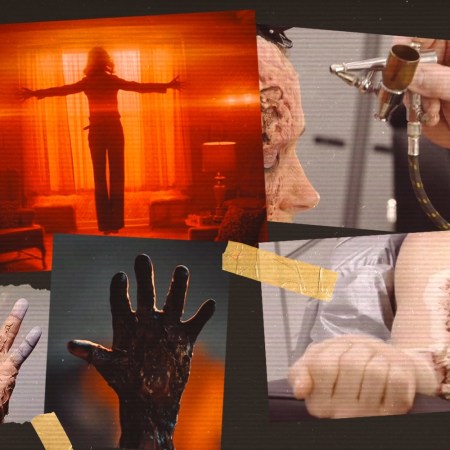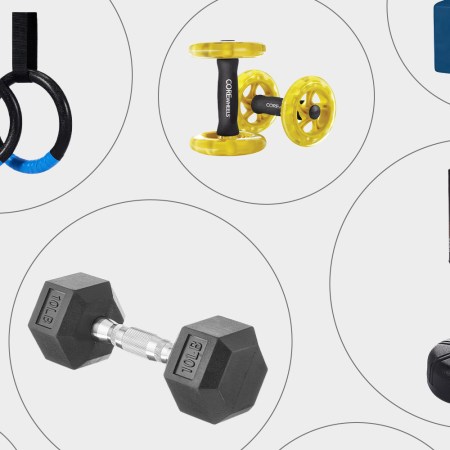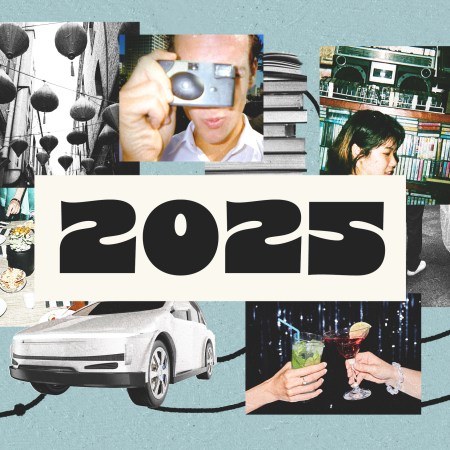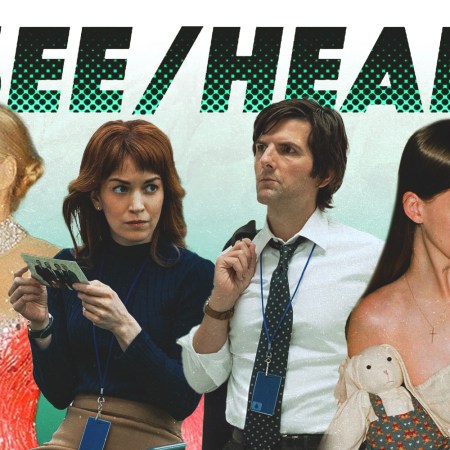Stuck in traffic? Think of the positives: any gridlock info you share might actually help city officials predict crashes, plan better roads and provide quicker emergency services.
That’s according to a new research paper published in the medical journal JAMA Surgery, which noted that data from the popular crowdsourced traffic app Waze could seriously cut emergency response times for car accidents. Apparently, the Google-owned app detects and notifies users of crashes two minutes and 41 seconds before anyone alerts law enforcement, as noted by Wired.
This follows a U.S. Department of Transportation study last year that concluded Waze captures a wider range of crashes, including those that do not require a police presence but could cause traffic congestion.
While this is good news if you’re one of the 115 million users of the app (you’re avoiding crashes and traffic headaches), it’s great news for cities. As Wired points out, local governments are working with Waze to make more accurate predictions regarding crashes, get emergency services to crash areas faster and figure out why certain areas of roadway have a significant increase in accidents. As the original JAMA Surgery report notes, there are around 100 deaths by car accident daily in the U.S. (making it the leading cause of death in the country), and 2.5 million emergency visits each year from motor-vehicle crashes.
Still, cities and everyday drivers shouldn’t rely solely on crowdsourced apps for better service. Besides false crash reports, it’s not yet an ideal use of government resources. “If you use Waze data as the gold standard and any time a Waze user reports a car crash, you alert police departments, then you’re diverting them from all kinds of other resources needed for crime, for public health, and safety,” says Sean Young, a professor of medicine at UCLA and UCI. The ideal is that more data sources, including data from Waze, could eventually predict where crashes might be most likely to happen.
Thanks for reading InsideHook. Sign up for our daily newsletter and be in the know.
